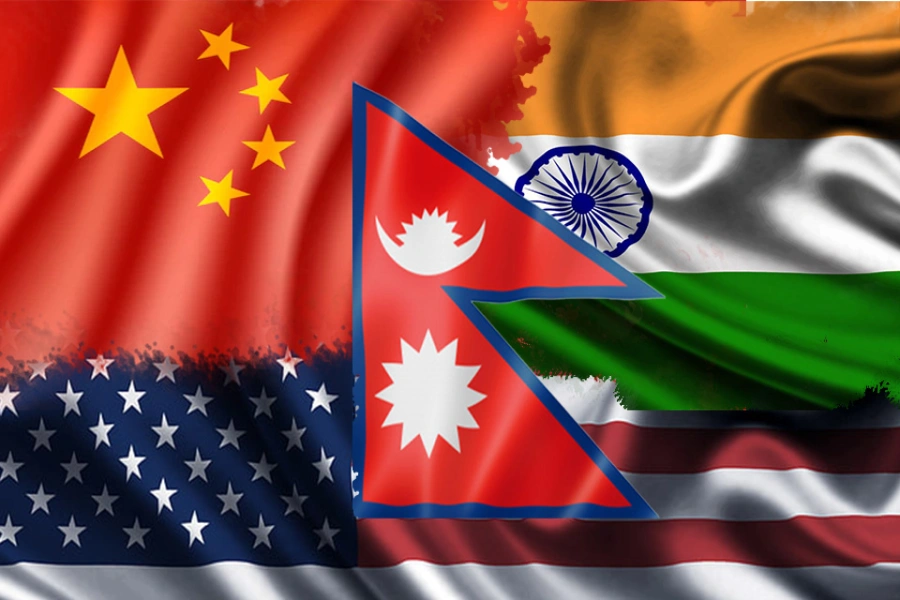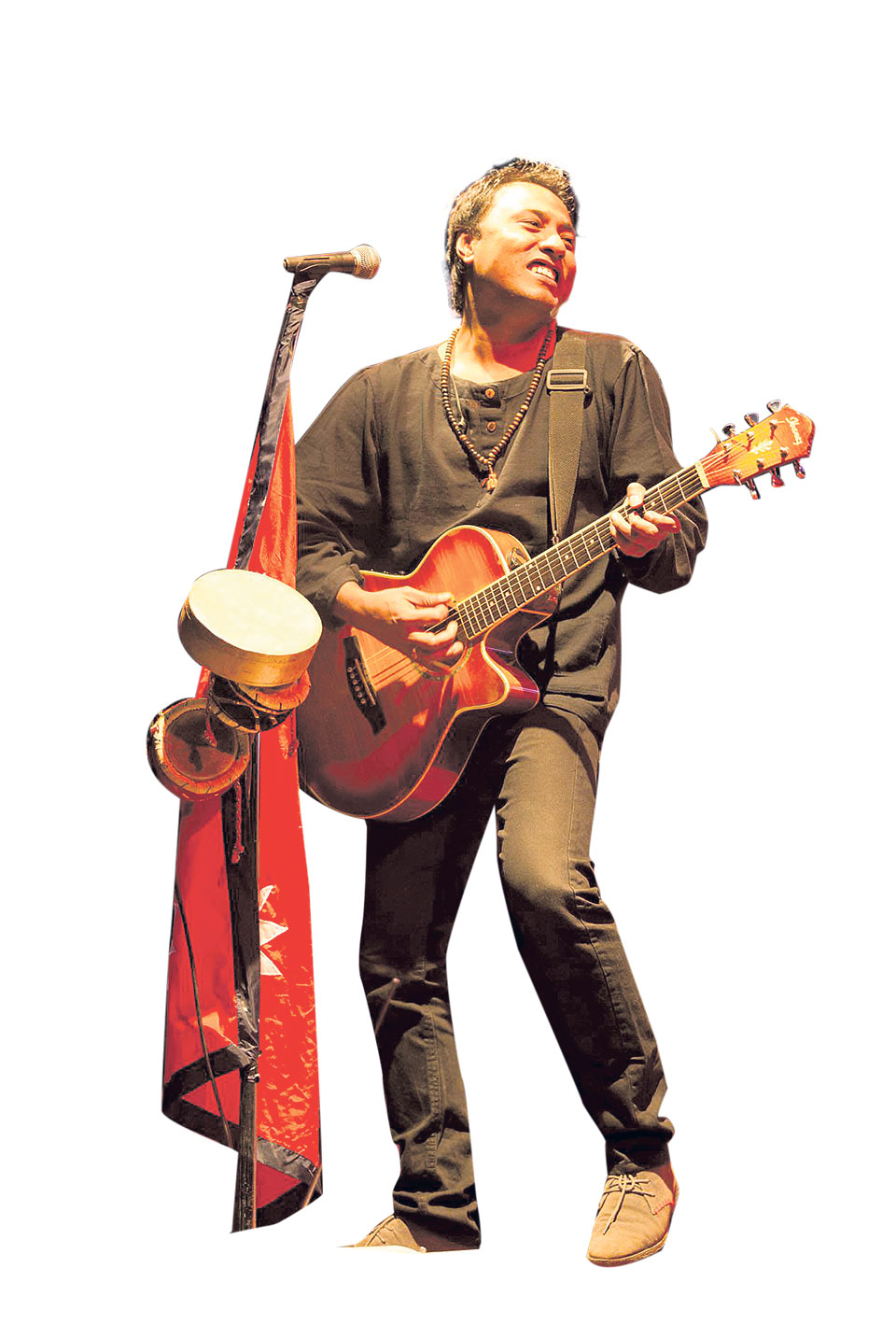JB Tuhure (“orphan”) was born as Jutha Bahadur Khadki in 1944 in eastern Dharan. Khadki later changed his name as JB Tuhure and became famous for the same nickname. An energetic singer, JB Tuhure, also known as Janabadi Gayak (pro-people singer), considers himself a son of the Nepali soil.
“Life is synonymous to struggle for me,” expresses Tuhure, now 67 years old, “and struggle should be another name for emancipation.”
Tuhure was never trained to be a singer. It was his surroundings that inspired and motivated him to sing songs about the plights of poor people, and to become a Janabadi singer.
Tuhure turns nostalgic and recalls his early days of singing. “That was when the Panchayat system frequently targeted freedom fighters,” he shares and continues, “I’ve been jailed and tortured several times for singing ‘pro-people songs.’”
He dubs the Panchayat era as “challenging days.” “Singing for the people was life-threatening campaign initiated by myself at that time,” Tuhure adds.
Much has changed in course of time. However, his early experiences still enthrall him.

“People fed us when they themselves didn’t have sufficient food to eat,” he gets a bit emotional. Nonetheless, he adds, “During winter, people provided us with warm beddings while they slept in the cold.”
No wonder then, such gestures of the people inspired him to raise his voice for them. Tuhure not only sang Janabadi songs but was also involved in Communist politics.
“I’m a Communist,” he asserts. However, he believes that to be a cadre and to be artist are two different things.
Though Tuhure favors the idea of Communism, he is worried at the increasing trends of opportunism among the Communist leaders.
“It’s heard that these leaders are being deviated from the ideology and slowly they are being converted to a group of opportunists,” laments the revolutionary singer who opines that the orthodox ways of thinking don’t work any more.
“Sometimes I feel I should expose all the wrongdoings of the Communist leaders through my songs,” he puts in.
Looking back, the singer has many exciting experiences to recall of the society and culture. Most of Tuhure’s songs appeal to the rights of the underprivileged and the poor of the society. His songs call upon the people to fight injustice, to raise their voices for equity and equality.
One of his famous songs goes as:
Aama didi bahini ho
Kati baschhau dasi bhai
Sukhako sadhai pyasi banera?
(Mother and sisters
How long will you stay bonded
Always thirsty for happiness?)
Generally, Marxists criticize “art” of other perspectives and dub love songs as “regressive” or the “bourgeoisie songs.”
How then does this progressive singer perceive art?
“Art isn’t something beyond society. I think art represents a specific class,” he posits. “And for me, working-class culture has to be respected in art.”
Although Tuhure has sung nearly 200 songs, his desire to contribute to society remains unfulfilled. “I still want to do something very amazing for society,” he told us.
At the end of our conversation, when asked if he ever listened to songs by Narayan Gopal, also known as the “Swor Samrat” of Nepal, the spectacled progressive singer smiled for a while.
“Yes, I listen to his songs,” he revealed but also added, “They are decent and melodious but lack the appeal of emancipation for the people.”
Does every song have to appeal for revolution?
He paused for a moment and wisely expressed, “Time has changed now, and we have to respect the diversity.”
Govt decides to confer title of Janagayak on JB Tuhure posthumo...





































